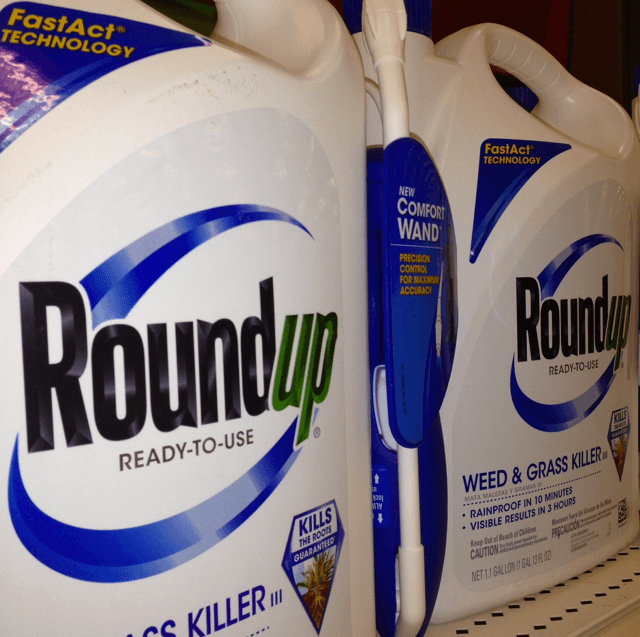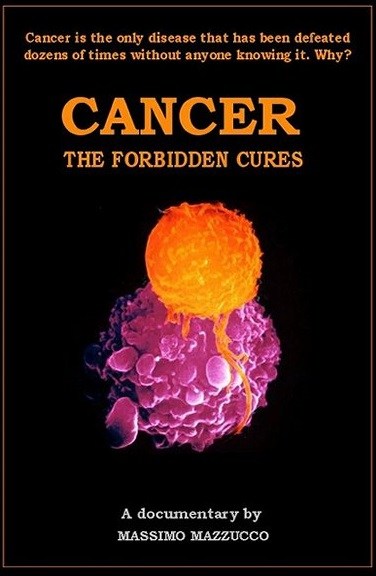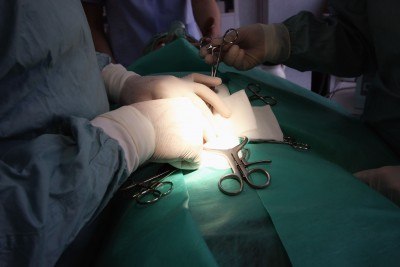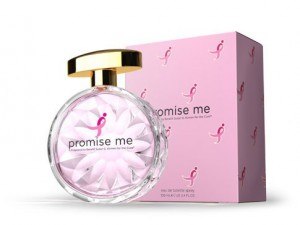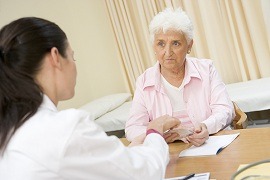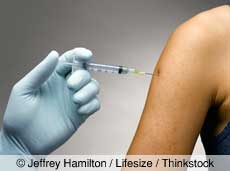The Big Pharma Cartel has scared Americans into thinking that if they don’t lower their cholesterol, they are a ticking time bomb that will eventually end with a fatal heart attack. It is an amazing feat when you consider that these drugs have never been shown, in any individual who has not had a heart attack or stroke, to save lives, prolong lives, or reduce the risk of a fatal heart attack.
A recent study reported that in women, current users of statins for 10 years or longer had a 83% increase risk of invasive ductal carcinoma and a 97% increase risk of invasive lobular carcinoma of the breast as compared to never users. Among women with high cholesterol levels, current users of statins for 10 years or longer had a 204% increase risk of invasive ductal carcinoma and a 243% increase risk of invasive lobular carcinoma as compared to never users.
Breast cancer is a plague affecting nearly one in seven U.S. women. There are many, many studies showing a lowered cholesterol level increases the cancer risk. It should come as no surprise that chemically lowering cholesterol levels will increase cancer rates.




